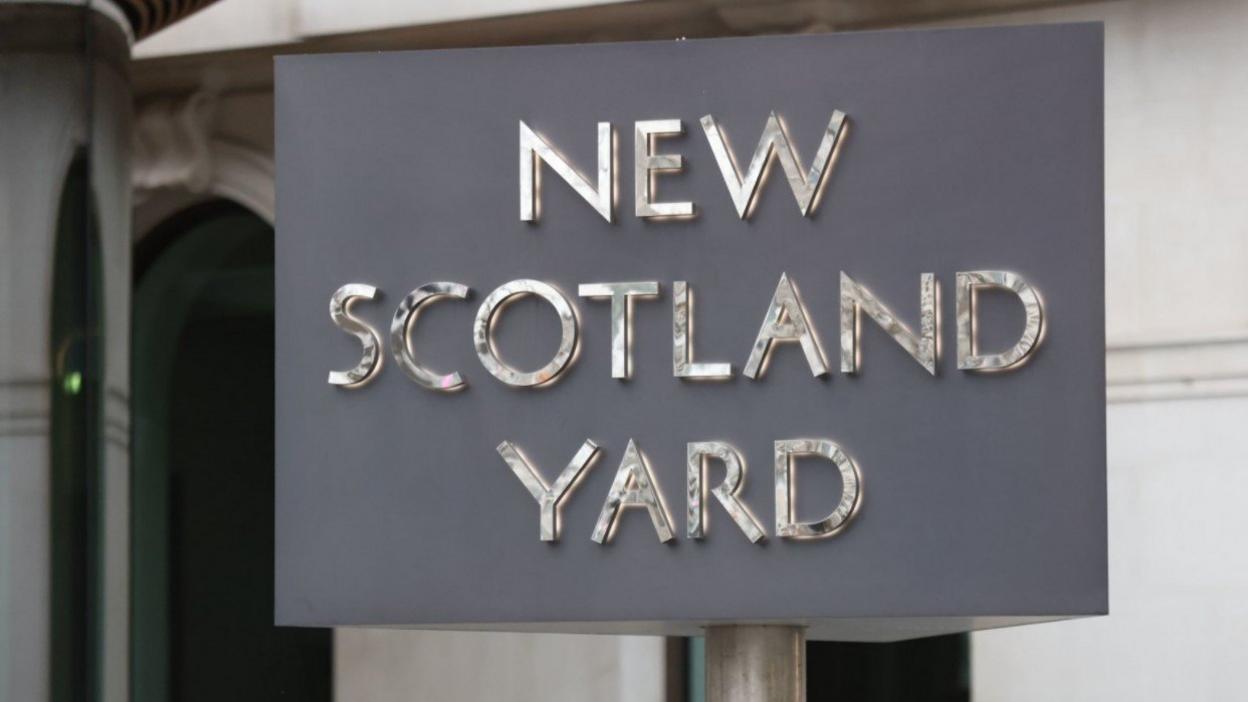Strip searches: Watchdog urges police to be 'proportionate' with children
- Published
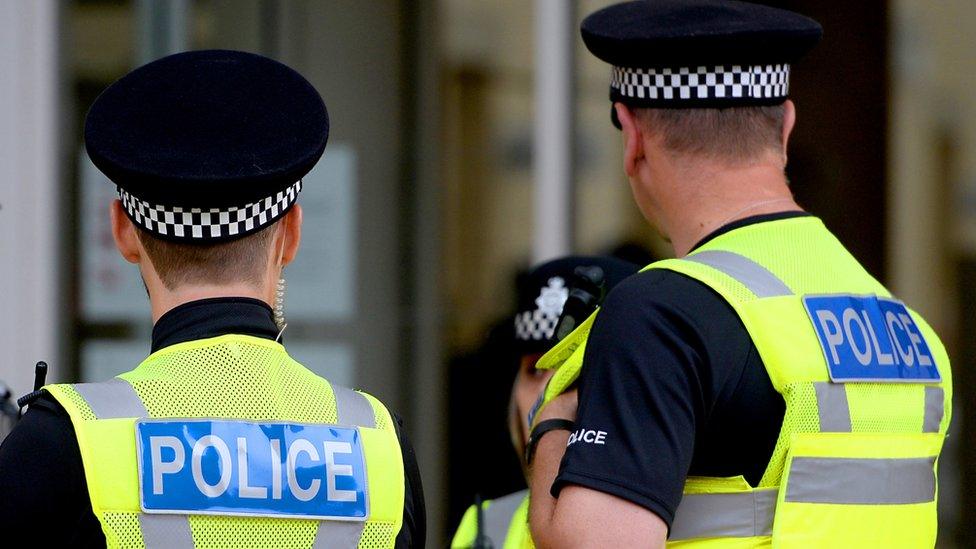
Police officers strip-searching children should ensure they act in a sensitive and proportionate way, a watchdog has said.
The Independent Office for Police Conduct (IOPC) makes 10 recommendations to prioritise children's "safety and wellbeing" in England and Wales.
It comes after criticism of how police strip-searched a black schoolgirl without an appropriate adult present.
The National Police Chiefs' Council (NPCC) has accepted the findings.
It said it was "refreshing" its officer training and addressing any regional disparities in providing appropriate adults to supervise searches.
The IOPC said its recommendations, external, published on Tuesday, aim to improve how strip-searching of children is conducted.
This includes asking the government to require police forces to make mandatory safeguarding referrals for any child subject to an 'exposure of intimate parts' search.
The IOPC says safeguarding should always be prioritised and include "listening to the voice of the child", as well as providing appropriate healthcare and aftercare.
"Any decision-making (should be) proportionate and sensitive to the needs of the child", its report continues.
"As part of this process, officers should always consider the traumatic impact of such searches."
In December 2020, a 15-year-old black schoolgirl - known as 'Child Q' - was taken out of an exam and strip-searched by Met Police officers without an appropriate adult present, while on her period.
Teachers at her Hackney school had called police after wrongly suspecting she was carrying cannabis.
The incident prompted protests, and local MP Diane Abbott said it was racist. The Met has apologised.
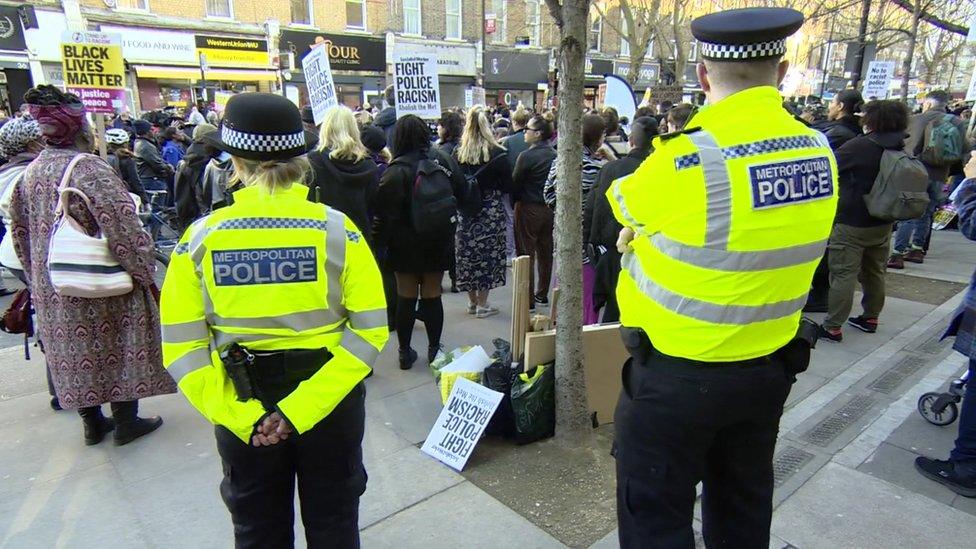
The strip search of Child Q led to protests in east London
The force did not comment on Tuesday's report, but previously said Child Q's experience "should never have happened" and that it had since made "significant practical improvements", such as requiring more senior levels of authorisation for strip-searches.
In March 2023, a report by Children's Commissioner Dame Rachel de Souza said 2,847 children were strip-searched in England and Wales between 2018 and mid-2022.
It found children as young as eight were being strip-searched, including some in the back of police vans, schools and fast-food outlets.
Responding to the recommendations, Dame Rachel told the BBC she had made it her "mission" to challenge the use of strip-searching since the Child Q case.
She said she was pleased to see the report "reiterates many of the recommendations I made".
But, the children's commissioner continued: "More than a year on, I am still waiting for these to be implemented so I hope this additional report provides fresh impetus to do so."
The IOPC's recommendations call for clarity to be given to children and their parent/carer on how and why searches would take place.
The College of Policing is being asked to explore which children are most affected by strip-searches and for all relevant guidance and training on this to be updated.
The IOPC found an inconsistent use of appropriate adults by forces when strip-searching children. It wants forces to ensure officers "understand when an appropriate adult is needed and how they access local provision."
Child-first approach urged
IOPC director Steve Noonan said: "We've found that children's wellbeing and safeguarding aren't always prioritised, and that policing laws, training and guidance need to be updated to better protect and safeguard them."
He said he wants to see a "consistent, standardised approach across police forces" to ensure a child-first approach.
The NPCC, College of Policing and Home Office have all accepted the various IOPC recommendations, although the Home Office only partially accepted two.
In September, the IOPC called for the government to undertake a substantial review of policing powers , externalrelating to the strip-searches of children.
'Respect, courtesy and compassion'
The NPCC's lead for stop and search, assistant chief constable Andrew Mariner, acknowledged that such searches can leave a lasting emotional impact, especially upon children.
"It is vitally important that everyone carrying out such searches of young people does so with the utmost respect, courtesy and compassion, as well as the correct supervision", he said.
A Home Office spokesperson told the BBC that strip searches are one of the most intrusive powers available to police, and can be "particularly traumatic" for children.
They added: "Any use of these powers must be in accordance with the law and with full regard for the welfare and dignity of the individual being searched."
The BBC has contacted the College of Policing for comment.
Related topics
- Published14 September 2023
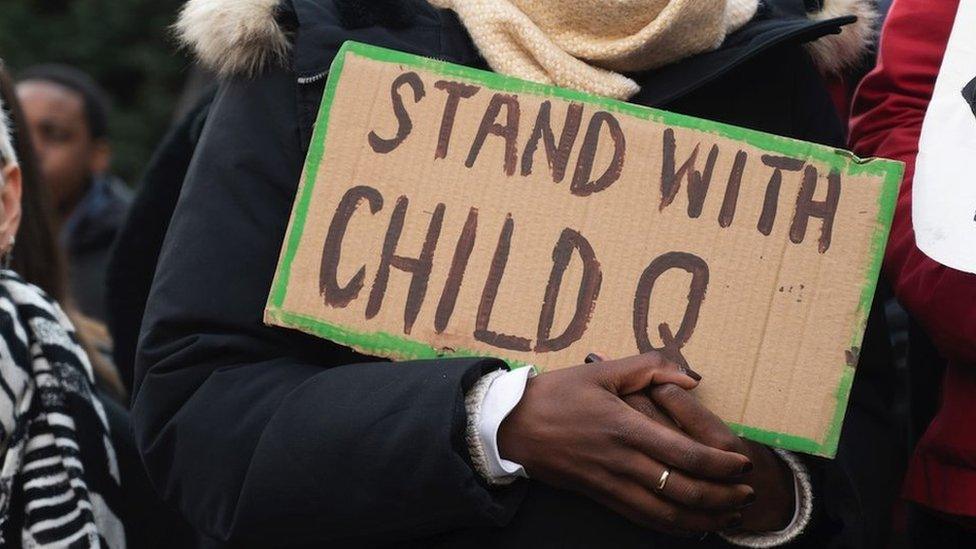
- Published27 March 2023
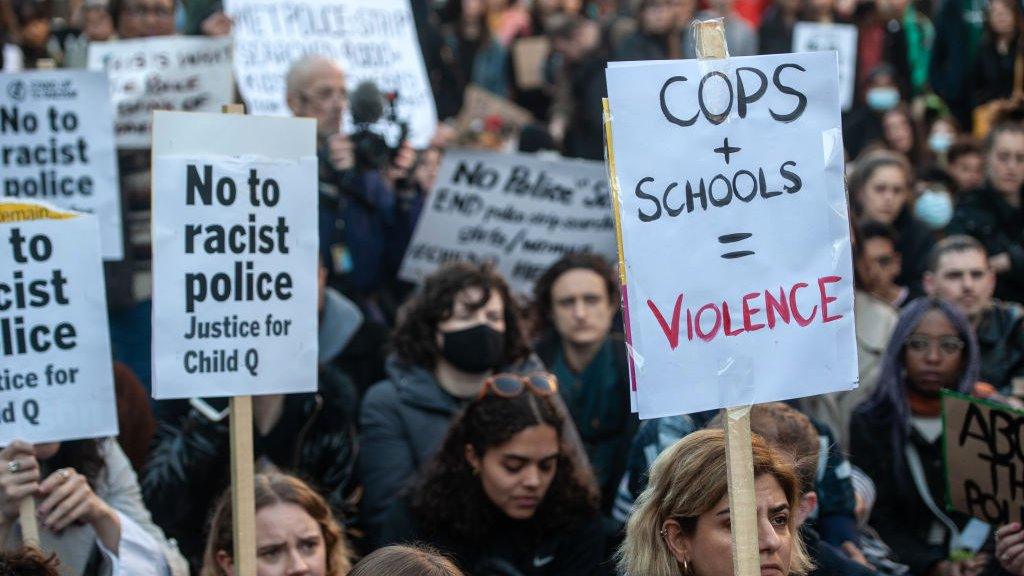
- Published1 April 2022
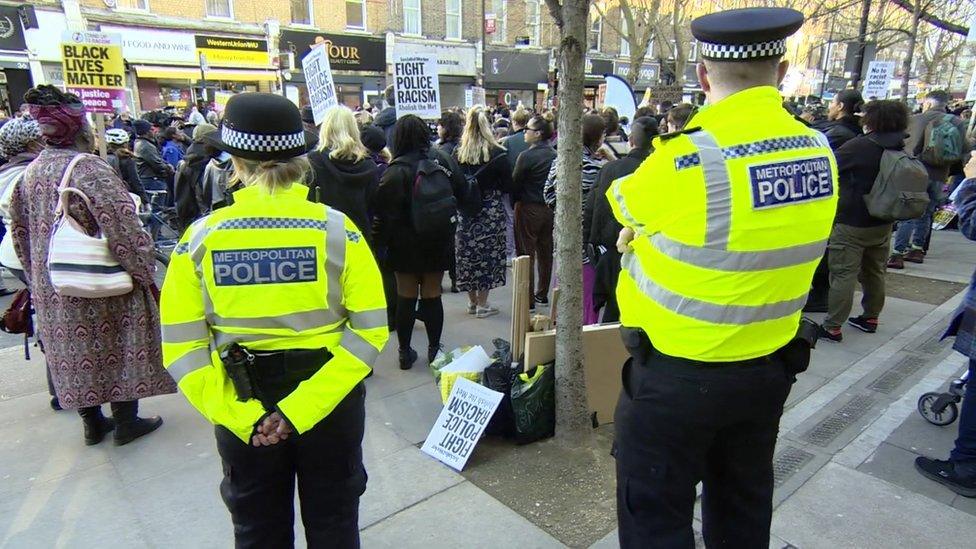
- Published20 March 2022
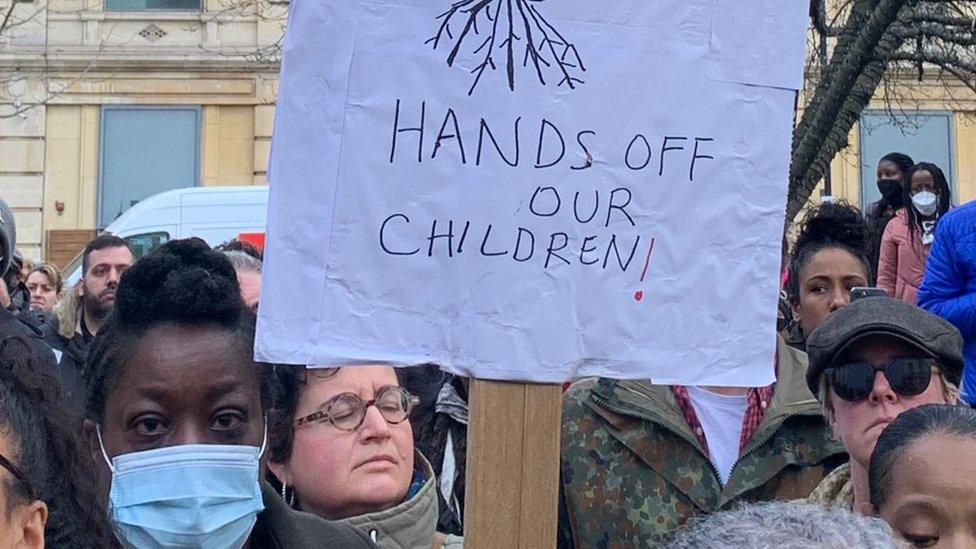
- Published16 March 2022
